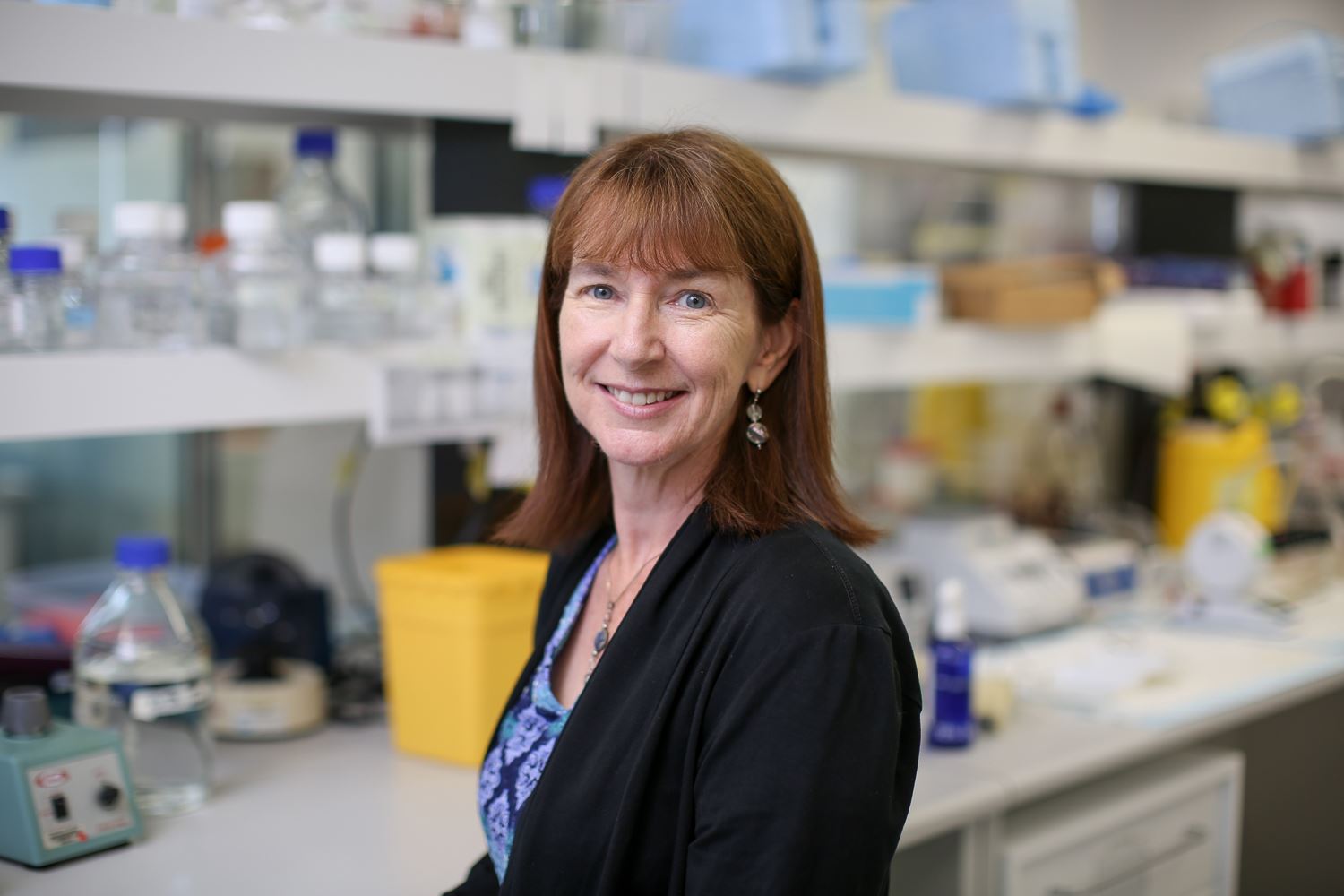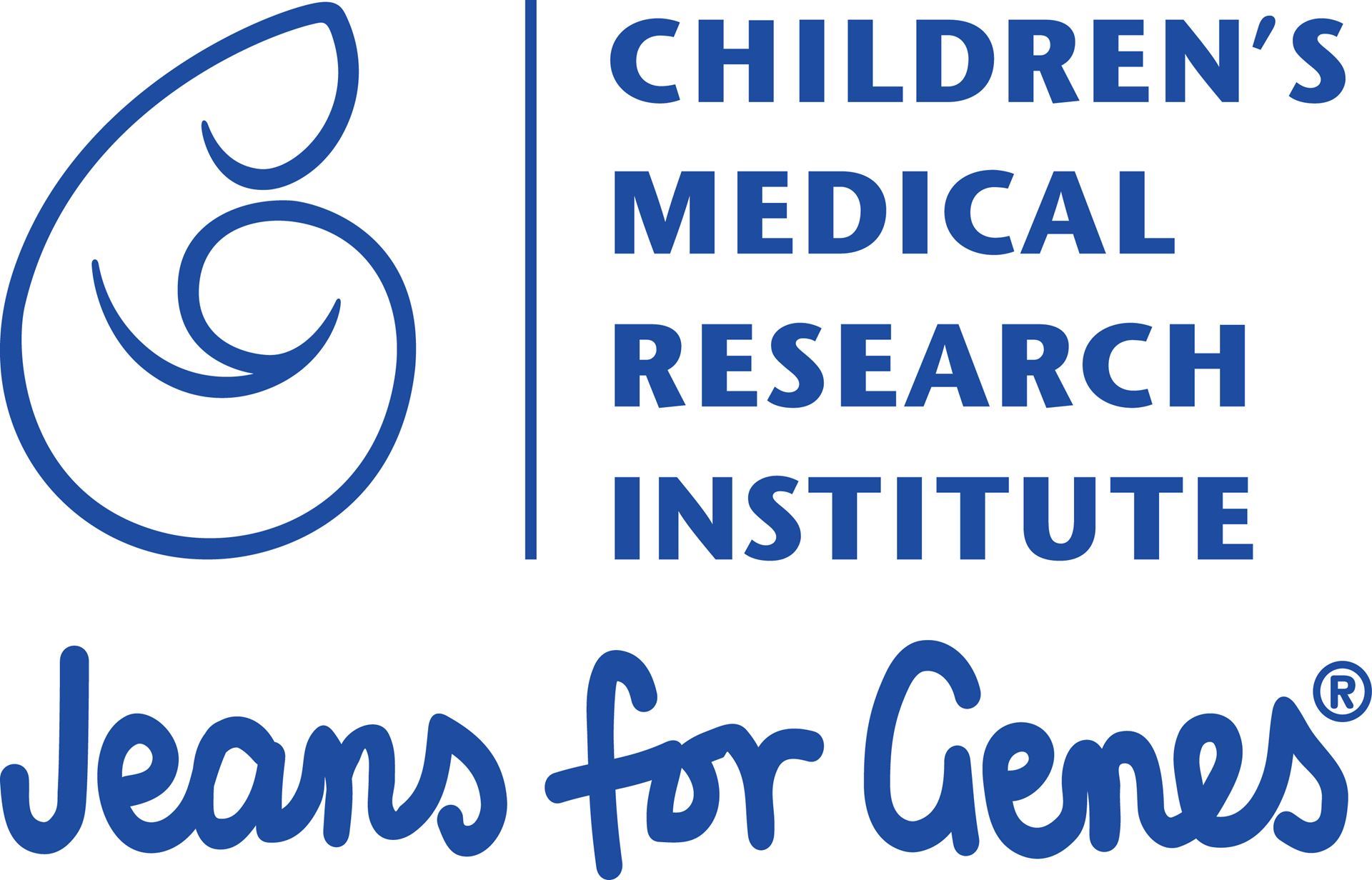By Children's Medical Research Institute
CMRI’s Cell Biology Unit, headed by Associate Professor Tracy Bryan, has secured funding for an important project that will lay the groundwork for treating inherited bone marrow failures.
 The grant came from Maddie’s Vision, which was named in honour of 26-year-old Maddie Riewoldt, who died of a rare condition known as Aplastic Anaemia. It is a Bone Marrow Failure Syndrome which she fought for five years.
The grant came from Maddie’s Vision, which was named in honour of 26-year-old Maddie Riewoldt, who died of a rare condition known as Aplastic Anaemia. It is a Bone Marrow Failure Syndrome which she fought for five years.
When Maddie was losing her five year battle in 2015, Maddie asked that her family do all they could to prevent conditions like this from taking other young people’s lives, according to Chief Executive Officer, Nicky Long.
“No one should have to go through the five years of hell that Maddie did,’’ Ms Long said. “She was very close to her family, and she asked them to please do something.”
Maddie’s Vision has the sole focus of investing in research and has already committed over $4.1 million to 18 research projects across Australia and conduct a call for grants twice annually.
The CMRI funding will go to a team led by Associate Professor Tracy Bryan and including Dr Karen McKenzie, Professor Ian Alexander, Dr Leszek Lisowski, and Dr Pasquale Barbaro.
Progressive bone marrow failure can be caused by problems with a patient’s telomeres, protective tips at the end of their DNA. When those protective tips are lost in stem cells, the cells may die, which causes the bone marrow to stop producing blood or immune cells.
The CMRI team will create and test a gene editing model for correcting these telomere problems, in order to prevent bone marrow failure and related cancers. This research will involve collaboration with Professor Adrian Thrasher of University College London, a leading expert in gene therapy for human bone marrow disorders.
“People like Tracy need champions and advocacy,’’ Ms Long said. “We have established a Centre of Research Excellence that is putting our arms around all these research projects around Australia so that everyone shares, collaborates and joins the dots.
“Our aim is to find a cure but, in the process, let’s try and find better treatments. We need research to delve more deeply into what is causing this problem and how can we manage it. We’d like it to become like HIV – a condition that is a life-long manageable condition managed if not cured.’’
Currently, patients with bone marrow diseases are given transplanted stem cells, but success rates for such patients after five years is only around 65%. However, very recent advances in CRISPR-based human gene editing raise the exciting possibility that corrective gene therapy (i.e. a cure) is possible for patients with telomere-related bone marrow syndromes and other diseases.

This funding comes at a crucial time. The technology involved has matured enough that researchers are now creating gene editing models that will serve as an encyclopedia for understanding the causes of these conditions and for finding treatments to save patients’ lives.
The importance of bone marrow research extends beyond the diseases of bone marrow only. Professor Bryan’s research will examine the precise way in which telomeres are lost in bone marrow syndromes, which will also help enable more precise molecular diagnoses for conditions caused by similar problems in other stem cells and organs.
Maddie’s Vision has also organised a national symposium on Bone Marrow Failure Syndrome to bring researchers and medical specialists together and hopes to broaden it even further.
“This really is an urgent problem,” Ms Long said, “because 50% of young people with these conditions don’t survive and it’s when they are at their most vibrant and full of stage of life. When we see projects like this, where you can see the sparks of innovation – we just want to ignite it.’’
